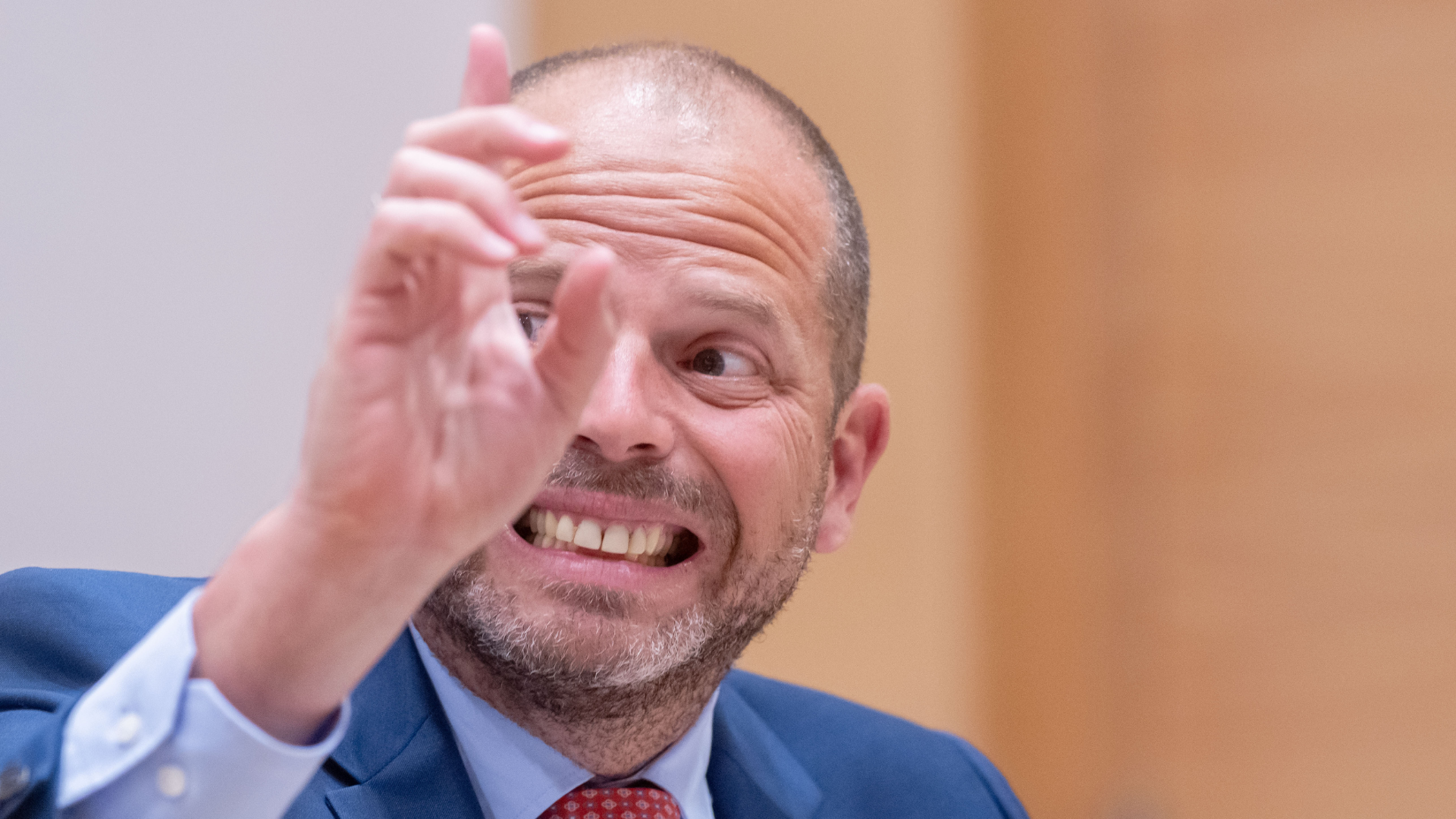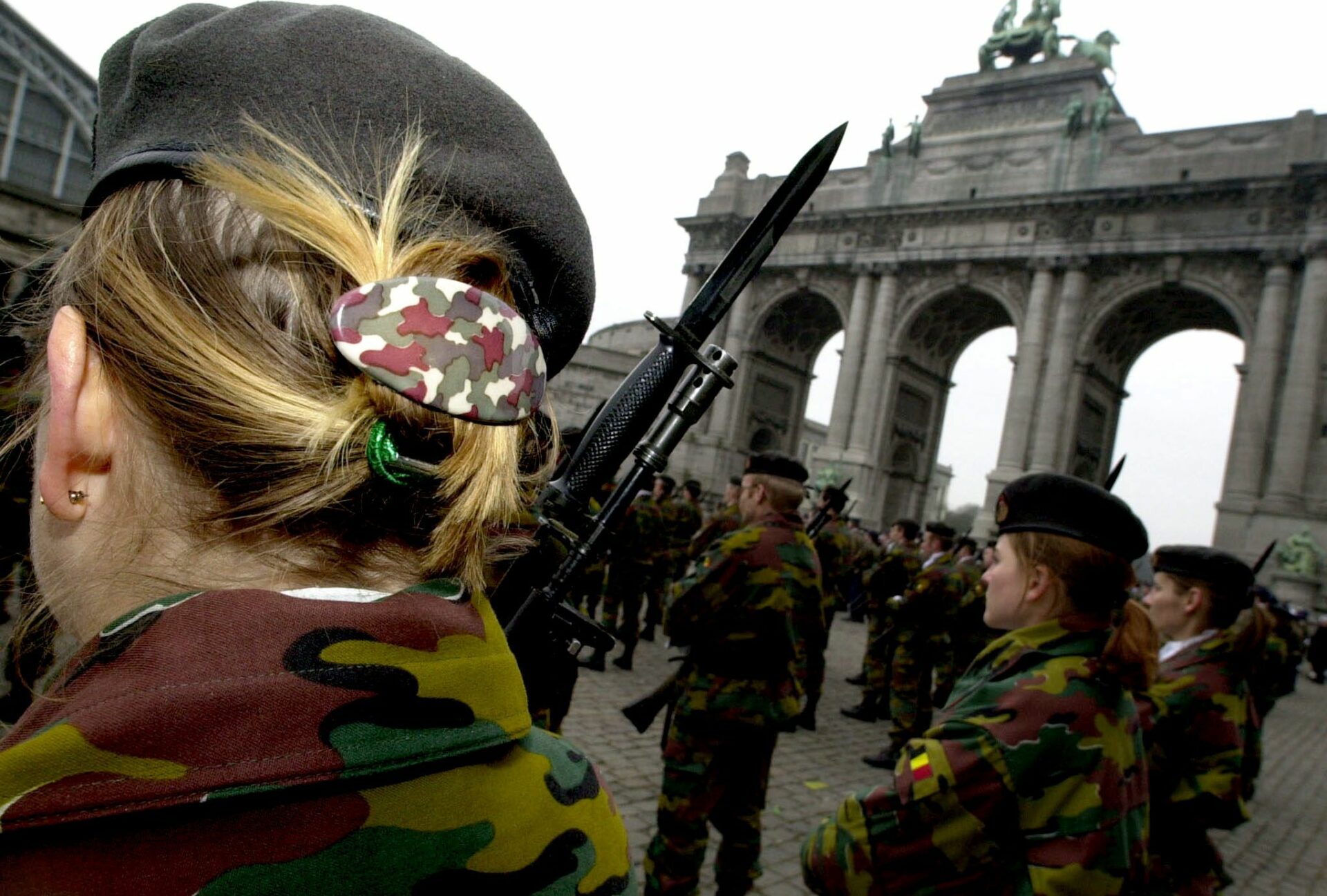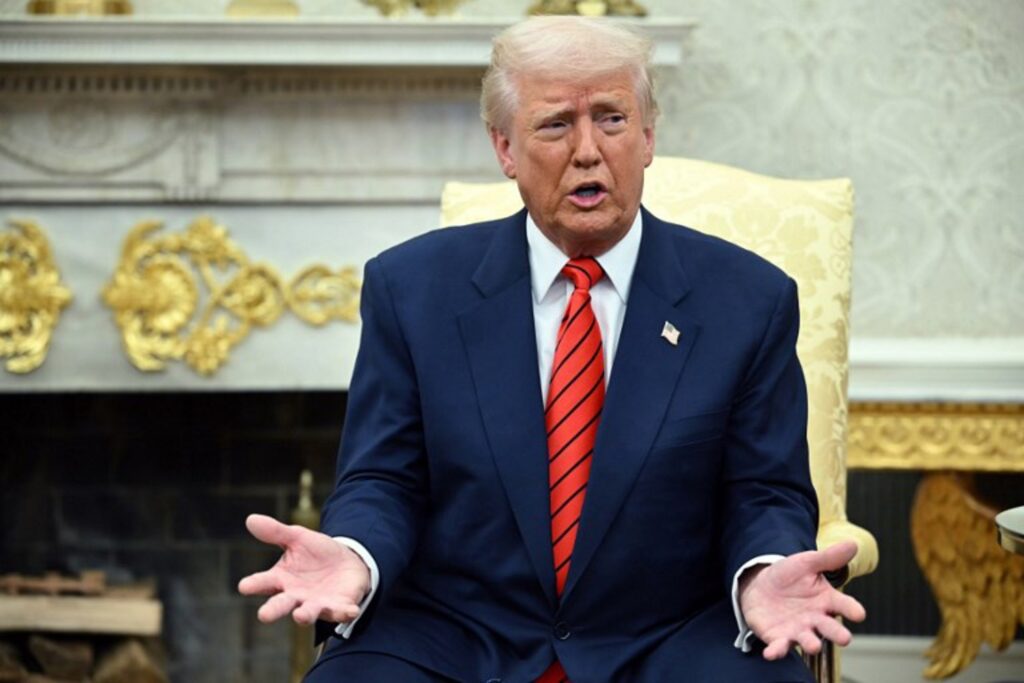NATO could plausibly restructure into an organisation with two pillars — one American, one European — autonomous yet mutually supportive in the event of an attack, according to a leading Belgian expert.
Since the first term of American President Donald Trump, NATO has frequently been targeted by the outspoken billionaire’s criticisms. In 2018, Trump threatened to withdraw entirely from the Alliance and has recently questioned its founding article, which states that an attack on one NATO member is an attack on all allies.
"The American message is clear: Europe can no longer rely on their conventional capabilities (military means excluding nuclear elements)," says Sven Biscop, Director of the Europe in the World programme at the Belgian think tank, the Egmont Institute. "The problem is that Europe lags in many areas such as intelligence, troop transport, and communication networks."
The expert firmly believes in the relevance of a European defence project within NATO. "Europeans need to pool their resources to acquire certain technologies," he asserts. "The European Union also plays an important role by establishing an industrial defence policy."
According to Biscop, NATO can only regain its full deterrent capability by reorganising into two autonomous pillars in all aspects, which is far from the case currently: "NATO should consist of two militarily complete, autonomous, and interoperable force packages ready if needed, while Article 5 (stating an attack on one member is an attack on all) would remain applicable."
This reorganisation would align with the Trump administration’s insistent demands for Europe to shoulder more of its defence responsibilities. The administration wishes to focus resources on the Indo-Pacific region, where China’s influence is growing.
The question of a European nuclear umbrella, currently assured by the United States (except for France and the UK which have nuclear weapons), remains a significant unknown. French President Emmanuel Macron has recently suggested that France could provide nuclear protection for its European allies, conditioned on financial contribution and final decision-making by the French President.
However, this project is still considered highly theoretical. "It is much more urgent for Europe to dedicate spending to conventional defence," Biscop notes. "Nuclear deterrence is useless if there are no means of defence at a lower level. Full capability ranges are necessary."

Minister of Defence Theo Francken pictured during a session of the parliamentary commission for National Defence on 23 April 2025. Credit: Belga/Jonas Roosens
For Belgium, the target of 5% of gross domestic product (GDP) spent on defence, as advocated by the United States, represents a real budgetary challenge and will require choices that will shape the domestic policy of the current and future governments.
It has long been no secret that Belgium is already struggling to meet the target of 2% of GDP for defence, agreed by NATO allies more than ten years ago. Officially, this target should be reached this year.
However, Sven Biscop, director of the ‘Europe in the World’ programme at the Egmont Institute, believes that what seems to be the most viable compromise could backfire on some of Belgium's European allies.
"In concrete terms, what can be included in this 1.5%? I fear that the definition will quickly become very strict and that several countries, including the United States, will demand that 5% of spending be devoted strictly to defence."
The professor also doubts that this will be enough to appease Donald Trump, who is "ideologically" opposed to Europe on several issues such as the economy and the more progressive political trends on the Old Continent.
Previously, Foreign Minister Maxime Prévot had stated at a meeting of NATO foreign ministers in Turkey that Belgium could not "decently subscribe to future targets of 5% or even 3.5% of GDP in the short or medium term" due to its "very high level of debt".

Belgian soldier pictured during the ceremony for the new Army structure at the "Cinquentenaire" in Brussels, Monday 14 January 2002. Credit: Belga / Olivier Hoslet
However, he acknowledged that he found himself very isolated on the diplomatic stage, concluding that Belgium intended to remain a reliable partner and would therefore do everything in its power to satisfy its partners.
Sven Biscop believes that Belgium is being forced, willingly or not, to fall in line with the idea, even though "several European countries also doubt the feasibility of this 5% target".
"The others are pretending and betting on a longer deadline, beyond the end of Donald Trump's second term. But diplomatically, Belgium cannot arrive in The Hague in direct opposition to the 5% target"
He also believes that the 3.5% target is more realistic, as it is equivalent to the spending agreed by NATO members during the Cold War: "The 5% figure is based on nothing, it's just a number, a fetish for Trump. It is neither necessary nor realistic."

